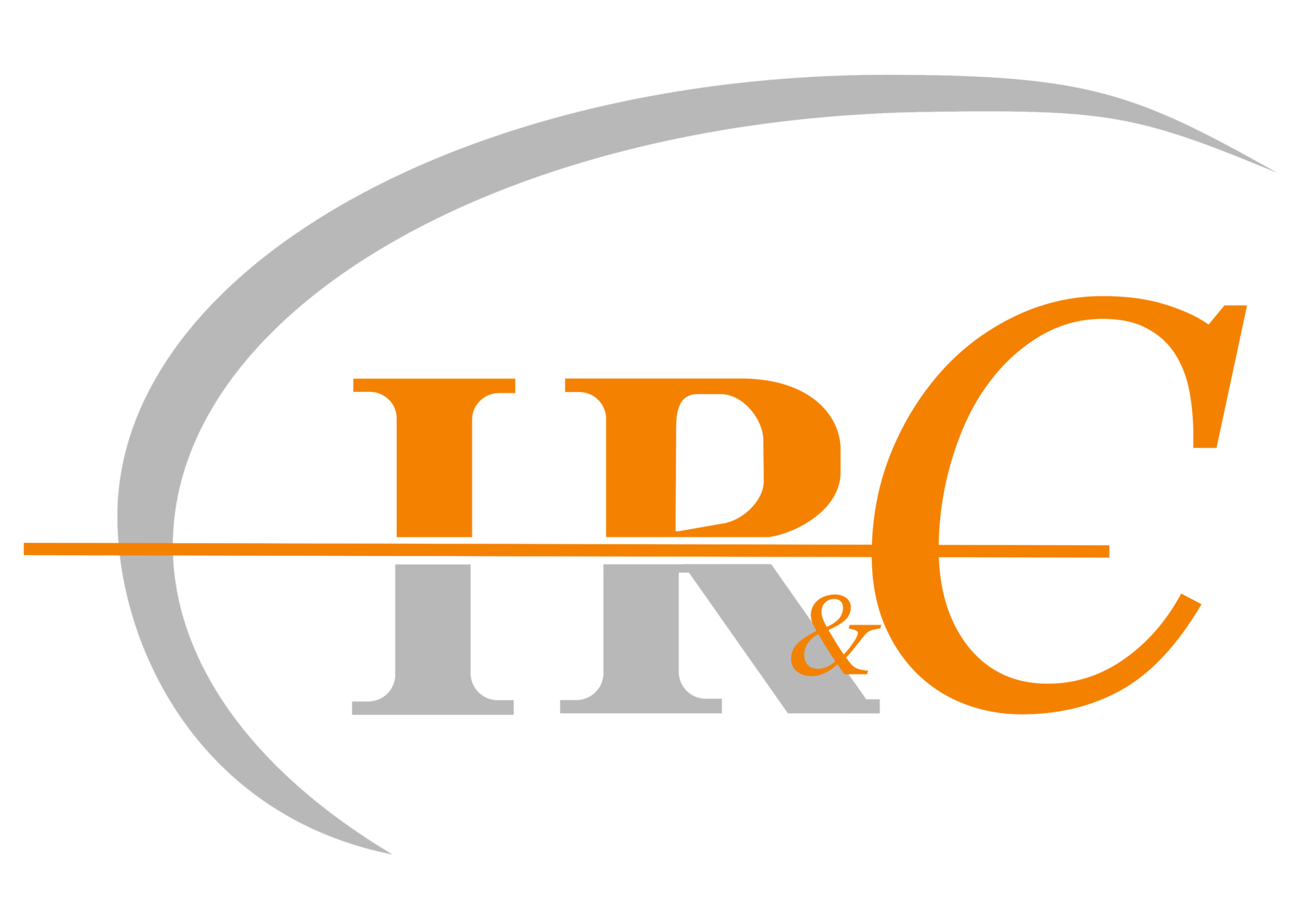Burnout
What is burnout?
to burnout: to burn out
You can only burn out if you have "burned" once, i.e. if you have gone above and beyond the call of duty!
Burnout is often underestimated!
How do you recognize burnout?
At risk are people who
- work more voluntarily and unpaid
- put their own interests and needs on the back burner and have no time
- are of the opinion that no one else could do their work
- limit their contacts with other people to the professional environment
Typical symptoms
- Physical symptoms such as constant tiredness, sleep disorders, infections; high blood pressure is also possible,
- Headaches, gastrointestinal disorders, etc.
- Increased consumption of alcohol, stimulants, tranquilizers and other drugs
- Negative and cynical attitude towards others and oneself
- Withdrawal from social life
- No energy, no desire to do anything
- Concentration problems, low performance
- Reduced self-esteem and little confidence in their own abilities
- Feelings of helplessness and hopelessness
The burnout stages
Burnout is a reaction to heavy workloads and persistent stress, but is not limited exclusively to the working environment. For example, double stress (study and work, etc.) or unemployment can also lead to burnout.
The effects are not felt overnight, but develop gradually. However, the following phases do not always have to occur in the order indicated.
- Idealistic enthusiasm and increased commitment
Increased expectations of oneself, feeling of indispensability; extra work and unpaid overtime even on days off and on vacation; neglect of own needs and desires; occasional sleep disorders; increased consumption of coffee, cigarettes and stimulants
- Repression of conflicts and needs
Avoidance of private conflicts; giving up hobbies, postponing private needs until later; mistakes and inaccuracies; increasing denial of overwork and overload; sleep disorders and noticeable lack of energy; attention disorders
- Increased denial of problems
Feeling of a lack of recognition, growing resistance to going to work, increased absenteeism and "inner resignation"; psychosomatic reactions such as muscle tension, back pain and high blood pressure; increasing disorientation and hopelessness; increased consumption of alcohol and drugs
- Significant change in behavior
Reduced commitment and productivity, negative reaction to well-intentioned attention; little personal involvement; increased feeling of indifference and meaninglessness; alienation; increased psychosomatic reactions
- Inner emptiness and exhaustion
Alternation between strong painful emotions and the feeling of inner emptiness, automatic functioning; feelings of anxiety and addictive behavior; negative attitude towards life; strong feelings of hopelessness and exhaustion; desire for sleep; complete despair up to suicidal thoughts and intentions
- Breakdown
compromised immune system, life-threatening mental, physical and emotional exhaustion; high risk of suicide!
Burnout can be avoided!
The earlier the symptoms are recognized, the earlier something can be done about them!
Prevention and measures against burnout
- Set yourself realistic goals!
- Make a clear distinction between work and leisure time!
- Learn to dawdle consciously!
- Learn to consciously relax!
- Maintain professional alternatives!
- Maintain contact with other people!
- Be sensitive to your own needs!
- Make your boundaries clear, say "No"!
- Make sure you follow the rules!
- Address critical issues!
- Learn to deal with your power and powerlessness!
- Stop trying to change others!
- Change your field of activity!


